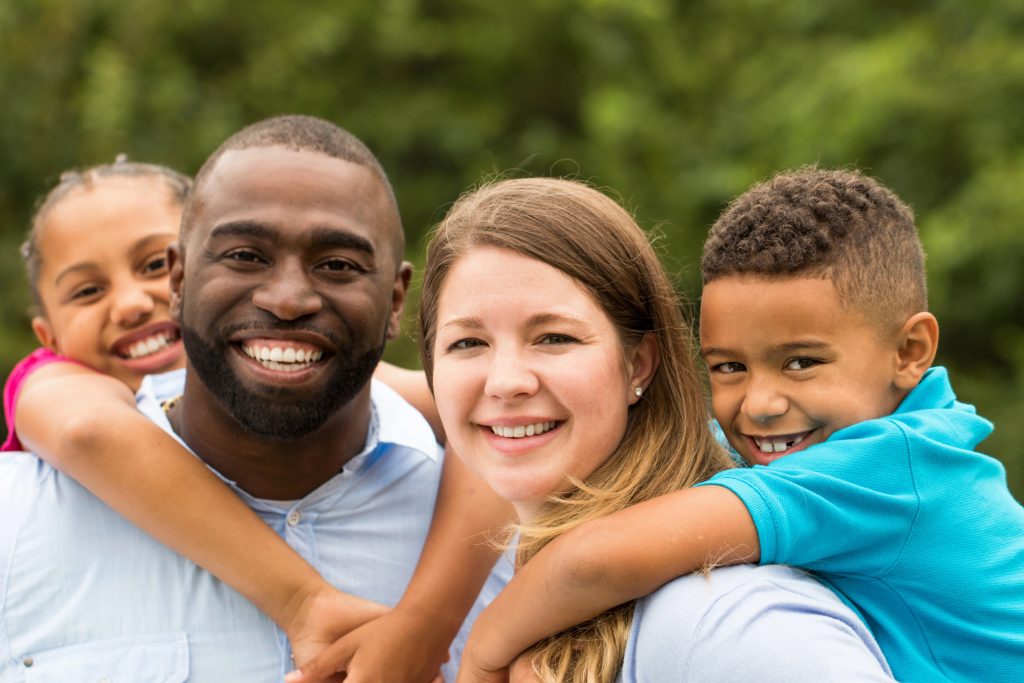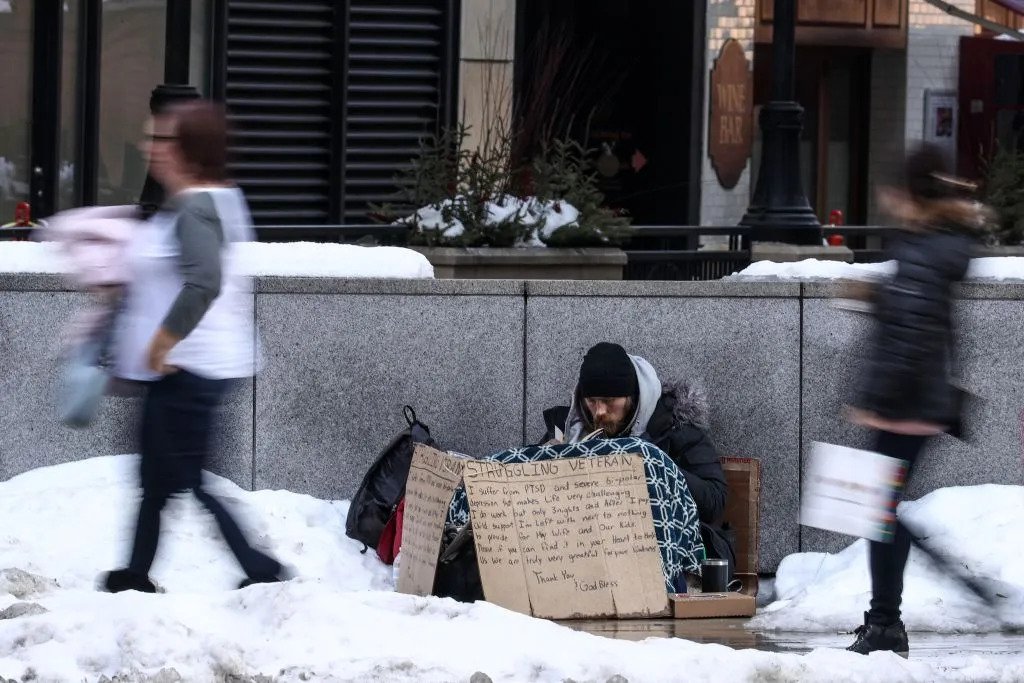Learn about the inevitable causes of homelessness and dangers associated with being unhoused.
Homelessness is a serious epidemic which keeps growing across different countries. Being without a permanent home is not only demoralizing but also devastating. It’s a deplorable situation. Hence, it needs more attention. It’s important for people to know about the causes and dangers of homelessness in order to avoid becoming a victim of it.
Causes of Homelessness
It could be caused by a number of factors, across the broad categories of government structures and systems and the victim’s choices. In other words, it could be brought about by one major factor or a set of different things, occurring cumulatively or at the same time. In short, how homelessness happens is complex. Nevertheless, there are factors that are internationally known to usually result in homelessness.
Poverty
It goes without saying that poverty is a primary cause of homelessness. And of all causes, it’s one of the root causes. In other words, homelessness and poverty are inextricable.
Low and/or stagnant wages, unemployment and high cost of living make people vulnerable to homelessness.
Impoverished people or low income earners struggle to afford necessities such as food, health care, education, clothing and housing. Hence, saving is even out of the question. Ultimately, impoverished people are one illness, one accident, or one unexpected expense away from living on the streets.
To address homelessness effectively, governments, organizations and individuals need to diligently address poverty.
Healthy Relationships — Family & Friends

John Donne’s poetic line, “No man is an island” will give an insight into the importance this point. No human is literally an island. While in the USA individualism and autonomy are emphasized and favoured, in difficult times, family and friends can be instrumental.
As an example, where a person lives from pay cheque to pay cheque. What happens in the month where some circumstance bites into that pay cheque, so that they couldn’t, for example, meet up with their rent? This is where family and friends may come in. The lack of them is a direct exposure to homelessness in the events of eviction, loss of home to some disaster or some other occurrences.
Family and friends may either help by inviting one to stay with them for a given time, or may assist one financially.
Domestic Violence — Abusive Family
In the foregoing section, it’s established that family and friends can serve as a safety net in times of difficulty. What happens then when a family one lives with is unbearably abusive? Abuse could be sexual, physical, or psychological.
There have been many reports of people fleeing their homes without a plan over domestic violence. In this way, where they don’t have an alternative, they may become homeless, resorting to living in cars, shelters, the street et cetera. This is particularly an issue for youth and women, especially those with children.
Those who stay, the toll that domestic violence takes makes them more vulnerable to homelessness in the future. This is because trauma often leads to mental health issues and substance abuse.
In some countries, a massive deal of homeless women and children fled abusive homes.
Substance Abuse & Mental Illnesses

Both substance abuse and severe mental illnesses can be causes and consequences of homelessness. In the US, for example, around 30% of “chronically homeless” people have mental health conditions. Also, reports show that a good deal of chronically homeless people are drug and alcohol addicts. For example, in 2017, the National Coalition for the Homeless found that 38% of homeless people depend on alcohol, while 26% depend on other substances.
Further, 68% of U.S. cities report that addiction is their single largest cause of homelessness.
It is clear at this point that the rates of substance abuse and mental issues among the homeless population are disproportionately high. The reason is that they don’t only push people into homeless but that homelessness also exacerbates them.
Besides being causes and consequences of homelessness, substance abuse and severe mental illnesses have a close relationship, as one of them can easily be a product of the other. It is important to avoid them all together. Please, learn more about substance abuse and mental illness as causes of homelessness.
Post-traumatic Stress
On any given night, as many as 200,000 military veterans sleep on the street. The percentage of veterans with post-traumatic stress in the USA is growing among those returning from Iraq and Afghanistan. Adapting to “normal life” is proving to be extremely difficult for the men and women who have served their country. Consequently, some choose sadly to leave homes, loved ones and jobs behind for homelessness and/or addiction.
Low Wage or Unemployment

Read: Homelessness is dangerous to victims of it
Low wage is a fertile land for poverty and lack. Some people receiving low wages are one ‘paycheck’ away from getting homeless. When a low wage is combined with high cost of living, people involved often lose their homes, especially with the occurrence of a drastic event.
Individuals paying more than 50% or 30% of their income on housing are at serious risk of becoming rough sleepers.
Unemployment happens at varying degrees. In some cases, it’s a sudden loss of a job; in some, it’s migrants moving to new places and failing to get jobs or settle in. In some cases further, it’s large-scale perennial unemployment rate. Learn more about how low wage and unemployment cause homelessness.
Systemic or Government Failure & The Lack of Social Housing
The role of the government is significant in this question. Governments’ actions or inactions directly or indirectly affects people’s housing status. The state of a domain’s economy, good or bad, is the product of its government. The availability of jobs, adequate wages and/or salaries, cost of living, skills, opportunities et cetera are mostly determined by the government. And, where the government fails to bring positive economic impact to bear, citizens may be poor and, in this connection, live in poor conditions or without homes.
Further, where there’s a good economy; yet, there’s still homelessness, it is expected of government to provide social housing programs to get people out of the streets.
Unexpected Events — Poor Health & Other Factors

Our world is a complex place and sudden things happen. Such unexpected or unplanned occurrences could be external or internal. External factors further could be inter-personal or macro, government as an example. Specifically, some unexpected events that could make people lose their homes are damaging injuries, deteriorated health, fraud, robbery, hacking, job loss, loss of guardian, fire accident razing home, economic downturn, war, natural disasters (wildfires, earthquakes, flooding) et cetera.
All of the foregoing could suddenly cause homelessness.
Sarah, a mother, who was living with her mother in her social home was evicted once her mother passed. She recounted, “Before I’d even had chance to grieve, I had another battle on my hands. The housing association wanted to evict us from the property, and claimed they had no duty to house me and my son.”
Discrimination and Inequality
Discriminated people in countries rife with any type of discrimination such as the United States (racial prejudice on minority ethnic groups such as African Americans) are more likely to struggle to get economic opportunities and stability.
Discrimination can impede access to employment, housing, justice and helpful services. Racial minorities are at greater risk of such discrimination. Most minority groups in the United States experience homelessness at higher rates than Whites, and therefore make up a disproportionate share of the homeless population.
Further, in the United States, racial minorities experience homelessness at a higher rate than the white population. According to research from the National Alliance to End Homelessness and the US Department of Housing and Urban Development, black Americans are 3 times more likely to lose housing.
Systems Failure

Systems failure occurs when there is a fail the successful transition of an individual from one system to another, causing vulnerable people to end up homeless.
Examples of systems failure are a faulty transition from child welfare, inadequate discharge planning for people leaving hospitals, corrections and mental health and addictions facilities and a lack of support for immigrants and refugees.
Teens in foster care often end up on the street after they “age-out” of the system at age 18, a sad situation in which many feel alone or abandoned.
A 2009 survey estimates that as many as 10% of people seeking help from homeless organizations do so due to foreclosure.
People leaving prison, the care system, the army, refugee system, some benefits are often at great risk of homelessness.
Sustainability — Cost of Living & Lack of Affordable Housing & Utilities
In a place where there is the combination of high cost of living, the lack of affordable accommodation, expensive utilities and low minimum wage, it wouldn’t be surprising to see technically homeless people or people hopping from house to house.
A global survey from the Lincoln Institute of Land Policy showed that out of 200 polled cities, 90% were considered unaffordable. This was based on average house prices being more than three times the median income. Without affordable housing, people find themselves with fewer options. It becomes harder to find housing near a place of work or in a safe area.
The purpose of minimum wage is to ensure that people can get essentials and afford a living. Hence, an unsustainable economic situation as the combination above will usually result in poor living conditions. It may also result in poor healthcare which could cause greater problems. Health problems have been recorded to cause a number of homelessness.
Migration
People migrate everyday, from one city to another or from one country to another. In some cases, they either don’t plan properly beforehand or they meet unexpected occurrences or realities. Some migrants migrate before starting to search for jobs. Such cases easily cause homelessness.
Danger of Homelessness
People sleeping on the streets are extremely exposed to violence. Their weak posture attracts attacks. Studies have put the likelihood at 17 times compared to members of the general public. More than one in three people sleeping rough have been deliberately hit or kicked or experienced some other form of violence whilst homeless.
They are over nine times more likely to take their own life than the general population.
Homelessness must be avoided as it also becomes a lifestyle. The longer a person remains homeless, the more difficult it is for them to get out of it.
The average age of death for people experiencing homelessness is 46 for men and 42 for women. Homelessness is devastating, dangerous and isolating. See Challenges of Homelessness for more insight on the danger of homelessness.
Conclusion
Homelessness is primarily caused by poverty. Other causes include substance abuse, financial instability caused by unemployment or underemployment, mental illness, domestic abuse, unemployment, foreclosure, shortage of affordable housing, family breakdown, addiction, gambling et cetera.
Homelessness must be avoided like a plague. It’s not for anyone, but sadly people may keep inevitably getting homeless, a reason we all need to extent our support to them.



